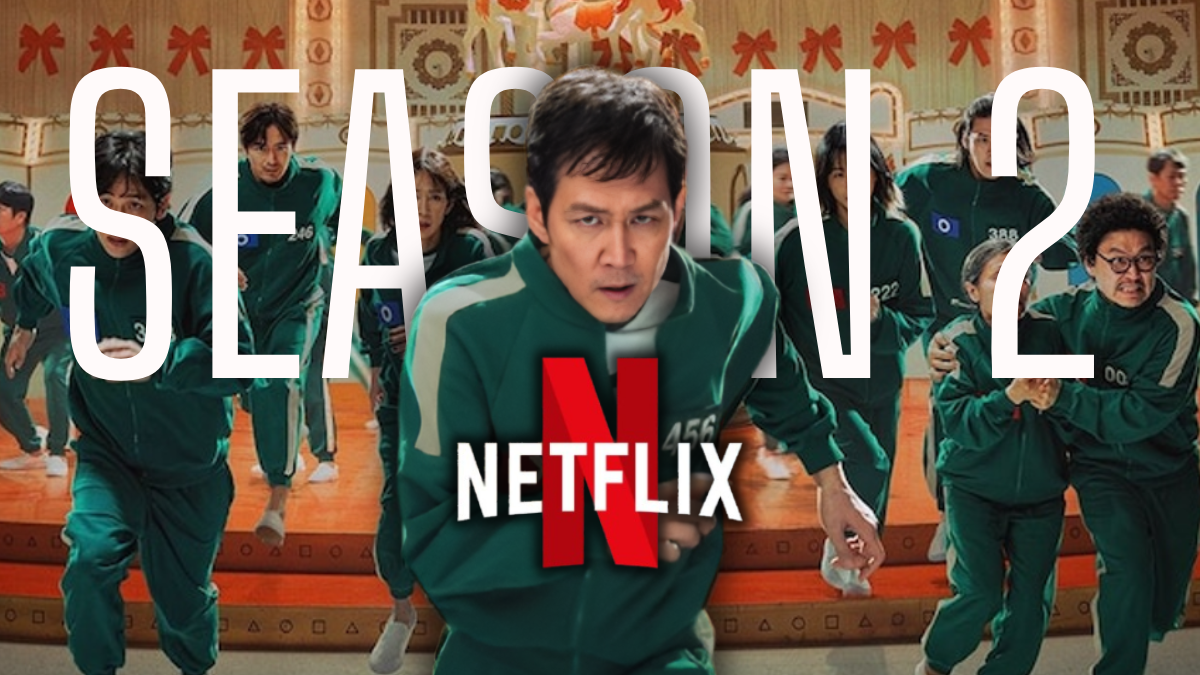When Netflix’s Squid Game first dropped, it captivated audiences with its disturbing premise and searing critique of South Korean capitalism. The survival game, where contestants played deadly children’s games for a shot at immense wealth, quickly became a cultural phenomenon. In 2024, Squid Game returned for a highly anticipated second season. The big question was: Could it replicate the dark brilliance of the original?
In Squid Game Season 2, the stakes are higher than ever. The brutal games return, but now, the story delves deeper into revenge and power, making it clear that Squid Game is not simply about surviving; it’s about the consequences of greed and corruption.
The Struggles of Squid Game Season 2’s Opening Episodes
The second season of Squid Game takes place three years after Player 456, Seong Gi-hun, walked away with the winnings from the deadly game. Instead of focusing on the twisted games right away, the opening episodes delve into Gi-hun’s new life as he seeks revenge against the shadowy figures behind the games.
Unfortunately, the first few episodes feel like padding. There are chase sequences, gunfights, and more explosions, but it all feels too ordinary for a show that once pushed the boundaries of shock and awe. In these early episodes, Squid Game feels more like a typical action thriller than the dark satire it once was.
The show’s shift from social commentary to revenge-driven drama is palpable, and while it offers some entertainment, it doesn’t quite capture the same raw urgency and critique of society that the original did.
A Shift in Narrative: The Quest for Revenge
One of the key changes in Squid Game Season 2 is the focus on revenge. Gi-hun, consumed by his thirst for justice, uses his wealth to fund a mercenary group, aiming to take down the people who orchestrated the deadly games. This quest for vengeance replaces the series’ former focus on survival and the commentary on economic inequality.
This shift from social commentary to an action-oriented plot does affect the overall tone. While still thrilling, it strips away some of the layers of the original show. The early episodes, in particular, feel bogged down by this shift, as they rely heavily on action sequences that may appeal to fans of the genre but lack the substance that made the first season so impactful.
New Faces and Deeper Themes in Squid Game Season 2
Once the games officially begin again, Squid Game Season 2 picks up the pace. The show introduces new characters and explores the lives of the masked soldiers who run the deadly games. This expansion of the universe allows the show to dive deeper into the lives of its antagonists.
The theme of class struggle continues, but this time, healthcare becomes a central issue. The show takes a timely look at the intersection of wealth and access to medical care, which adds a layer of complexity to the narrative. A particularly emotional subplot involving a mother and her son injects some much-needed drama into the games.
However, not all new characters are as compelling. One character, a rapper named Thanos, emerges as an irritating addition to the series, detracting from the otherwise engaging developments.
Final Thoughts: Squid Game Season 2’s Bloodthirsty Drive
While Squid Game Season 2 takes some time to hit its stride, it eventually embraces its dark and twisted roots. The familiar games return, but they are now framed by a new narrative that focuses on vengeance, power, and human weakness.
Despite its slow start and a few missteps, Squid Game Season 2 offers plenty of thrills and new twists. The themes of inequality, survival, and human nature remain relevant and engaging. The ending sets up the need for a third season, but it’s clear that Squid Game needs to find its focus again to fully reclaim the magic of its debut.
